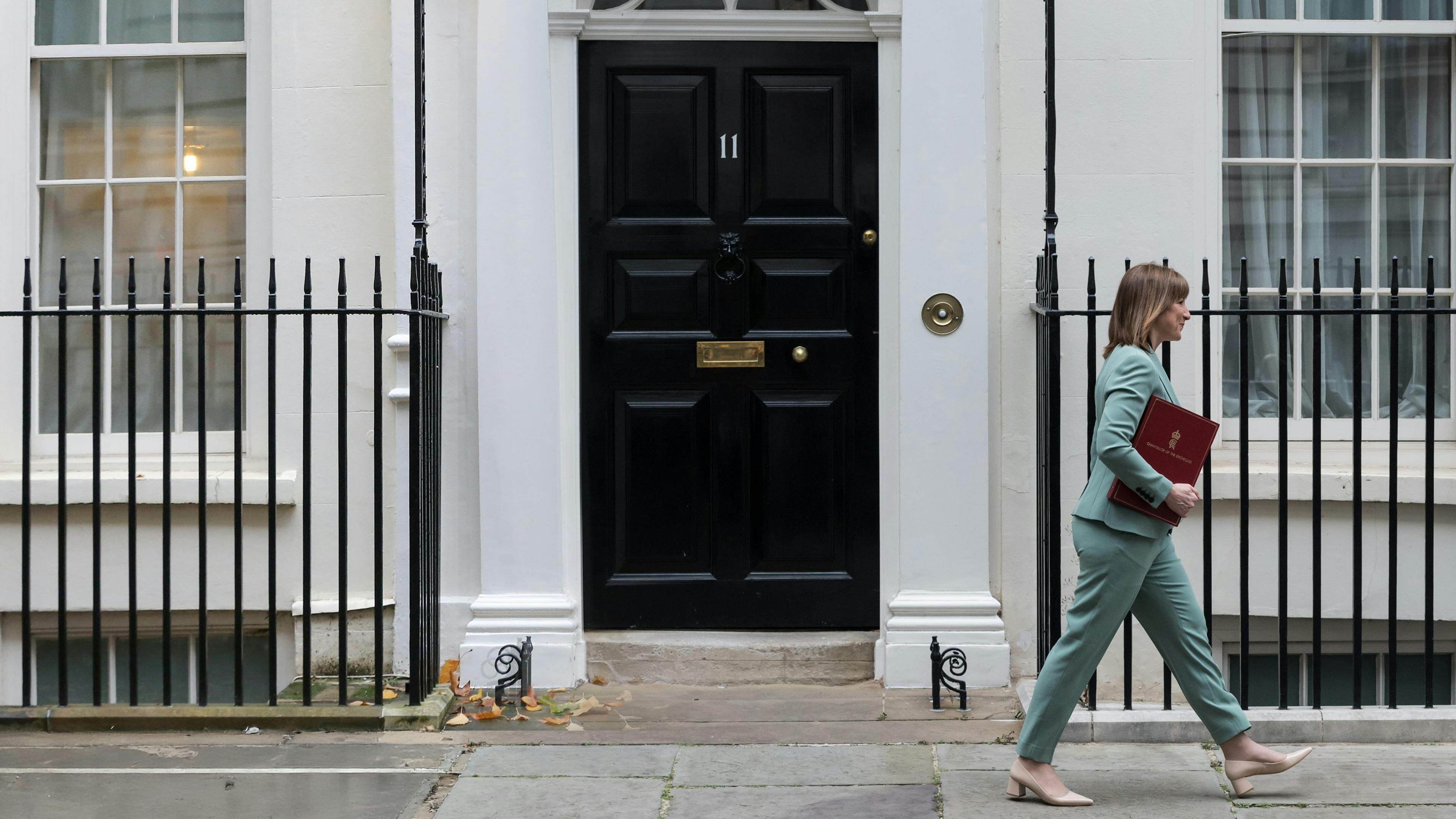Scottish taxpayers: how increasing your pension contributions could reduce your taxable income rate bands

Scottish higher earners will now face a new 48% top rate of income tax.
6 April 2024 was an important date in the diary for all Scottish taxpayers. That was the day that they had to start juggling with up to 12 different tax rates and 10 tax bands. It is the day that income tax rates in Scotland diverged even further from the rest of the UK.
And not in a good way.
A new ‘Advanced’ 45% tax band has been introduced by the Scottish Government for those earning between £75,000 and £125,140. According to the Scottish Fiscal Commission that will financially impact 114,000 Scottish workers. And for the almost 50,000 Scots who earn over £125,140 their top marginal income tax rate will rise to 48% from the current 47%.
That new top rate is now almost 7% higher than that for similar high earners in the rest of the UK and according to the Chartered Institute of Taxation, will mean a minimum additional annual tax bill of £5,231.81 for each of them.
The intermediate income tax band has also been frozen, whilst starter and basic rates are increasing by inflation. This will create what is called ‘fiscal drag’. That is when wages rise but income tax thresholds do not, meaning that many more Scots workers will now be brought into these new higher bands of income tax.
Thankfully, there is an alternative solution.
Two recent significant changes to pension legislation could come to your rescue here if mitigating these new tax rises is your objective.
For those who are not subject to the tapered annual allowance or the money purchase annual allowance your annual allowable contribution to a tax-efficient pension plan is now a generous £60,000 a year.
The second, which will come into effect on the same day as these tax rises, is the removal of the cap on how much your pension pot can grow in value before it is taxed. So, you can now safely invest the maximum each year into your pension pot.
Maximising your annual pension contributions could be the simple answer to combatting the new Scottish tax rises.
You will already be aware that paying into a pension plan is wise if you are to safeguard your quality of lifestyle in retirement. But these new differential income tax increases also highlight just how effective your pension contributions will now be in reducing your annual income tax bill.
Scottish pension investors can now get up to 48% tax relief.
The Government tops up your personal investment into your pension plan each year with a 20% basic tax relief. This extra contribution will uplift your pension pot value. The good news is that after 6 April 2024, Scottish higher rate taxpayers can now claim back up to a further 28% tax relief pension pot boost depending on the new rate of tax that they will now pay.
So, if you earn £100,000 a year and can afford to make an annual pension contribution of £40,000 there are now two major benefits.
Firstly, you will get a substantial tax relief bonus boost to your retirement pot value.
Secondly, you will also reduce your taxable income from the new “Advanced” tax band to the lower “Higher” rate one saving you £17,550 in tax payments next year. This is because your Scottish taxable earnings are NET of any pension contributions.
Your next step
Pensions are certainly not easy to understand as the rules keep changing and you may even have pension funds from previous employers that are not currently actively managed or reviewed as part of your wealth. If you are interested in looking further into how this solution might work for you, then please seek professional financial advice.
Any expressions of opinion are those of the author and not necessarily those of the firm. This article does not constitute advice, and a full assessment would need to be completed by one of our specialist advisers to understand an individual’s circumstances. Please remember that the value of investments can fluctuate, and you may get back less than you invested. Past performance is not necessarily an indicator of future returns. Waverton Wealth Planning LLP is authorised and regulated by the Financial Conduct Authority (FCA). Waverton Wealth Planning LLP is registered in Scotland (SO302894). Registered office - Exchange Tower, 19 Canning Street, Edinburgh, EH3 8EH.





